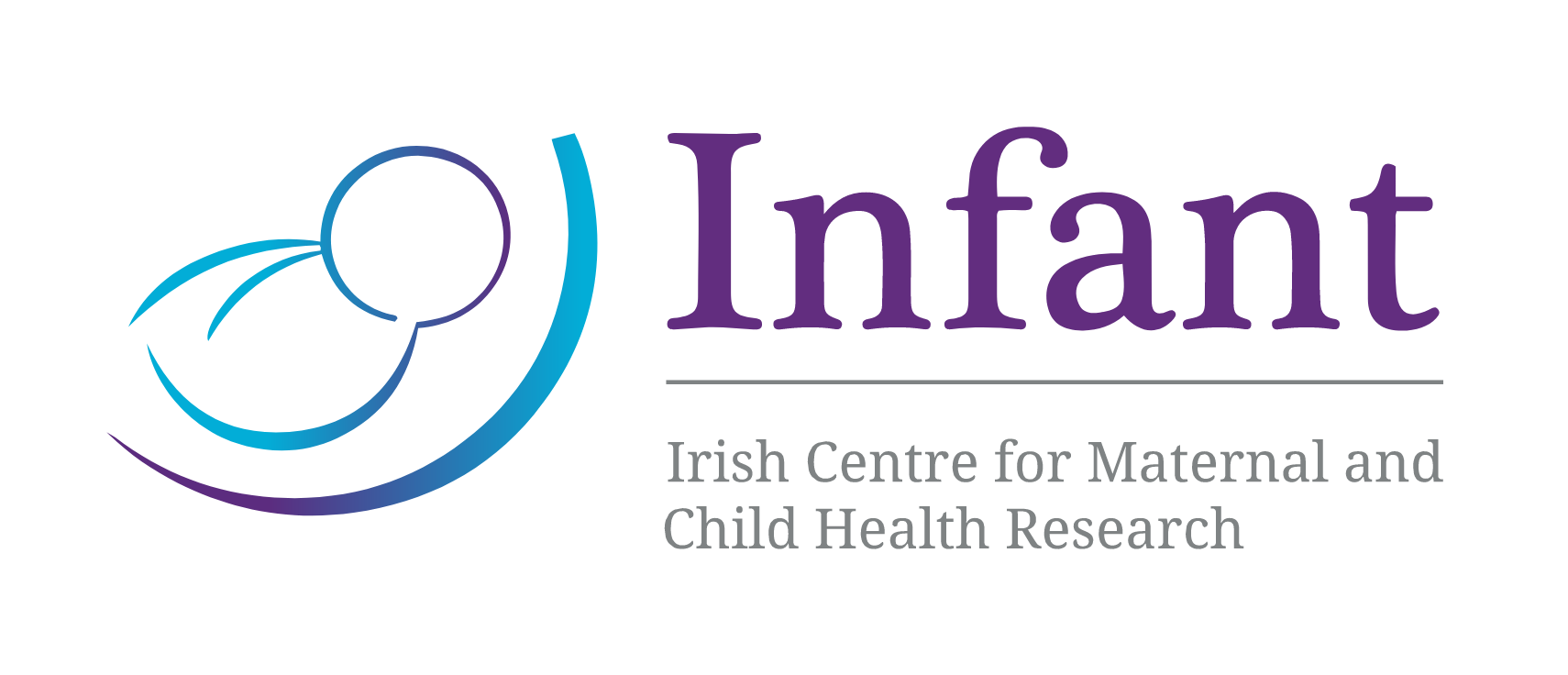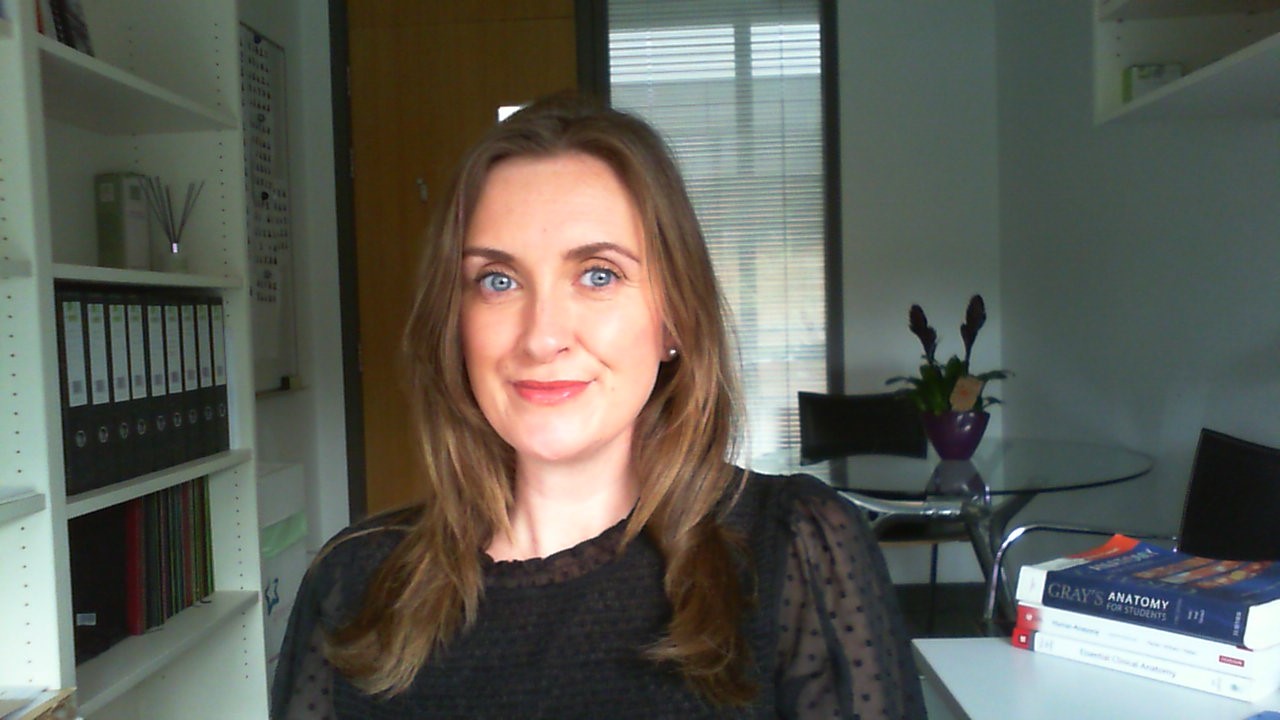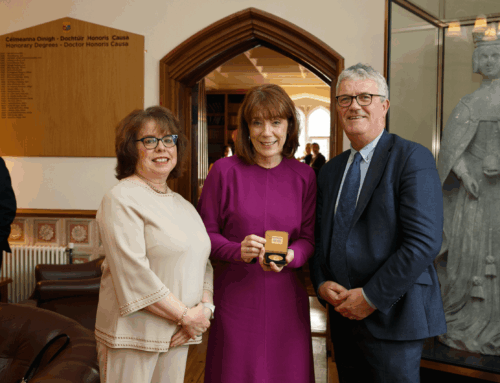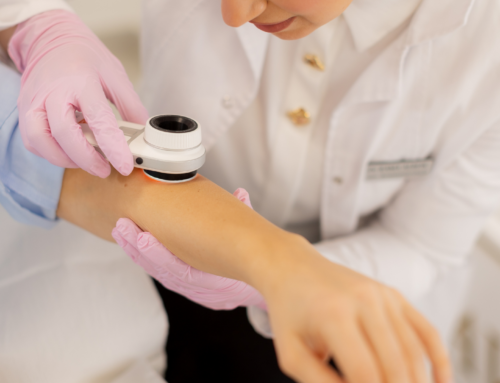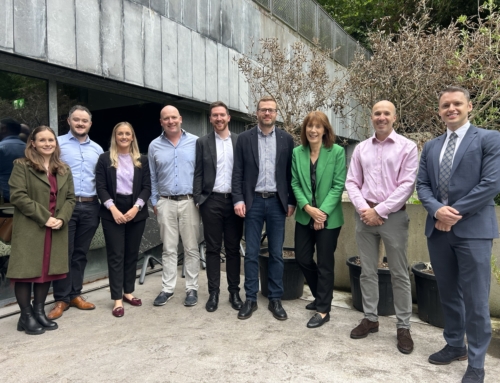With the support of the Health Research Board, INFANT’s Dr Jane English (Lecturer in the Department of Anatomy and Neuroscience, UCC) is leading a transformative study that could identify biomarkers to predict the onset of severe childhood autism.
The study, which has the potential to be extremely significant, could see the development of a screening system that looks for small molecules in blood (e.g. proteins or metabolites) that indicate the risk of severe autism in children.
If successful, Dr English’s study could enable clinicians to make an early diagnosis and begin the process of putting in place supports that she hopes will lead to a significant improvement in health outcomes and enhance the quality of life of children with severe autism, and their families.
This project has the potential to transform the care of children with severe autism.
On average, one in every 58 children are diagnosed with autism, and diagnosis tends to take place in kids aged between four and eight years old, which means that they are missing out on important supports and interventions in early childhood.
If we can develop a test that allows clinicians to screen newborns, we could identify at risk children and begin the process of providing support and preparing pathways that will help children with autism and their families.
By examining cord blood samples taken from newborns, who were later diagnosed with severe autism, Dr English hopes to create a test that could be administered in a similar way to the heel prick test, which screens for rare newborn metabolic conditions.
To create such a test, Dr English and her team of expert researchers are analysing cord blood samples from The Aarhus Birth Cohort, the Danish National Birth Cohort, and the Cork Baseline Birth Cohort, and without these data rich cohorts this research would not be possible.
Using mass spectrometry, we are measuring proteins and metabolites in children with severe autism and comparing them to levels in neurotypical children.
We are using machine learning algorithms to interpret these blood based measurements to identify a molecular signature, like a fingerprint that can indicate which children are most at risk and would benefit from early intervention.
This is an international collaborative study with expertise from a multidisciplinary team that includes researchers Professors Bodil Hammer Beck and Tine Henriksen from Aarhus University, Professor Louise Gallagher from Trinity College Dublin, along with Professor Deirdre Murray and Dr Ali Khashan from University College Cork.
Together, they hope to build on the insights Dr English developed during her time at the Royal College of Surgeons in Ireland (RCSI), where she worked on a project that identified the molecular signature in age 11 children that later developed psychotic disorder.
Dr English aims to build on the methodologies that she developed during her time at the RCSI, to allow for the early diagnosis of severe autism, which could in turn set in train a process whereby early intervention and support can be offered to children in their families.
